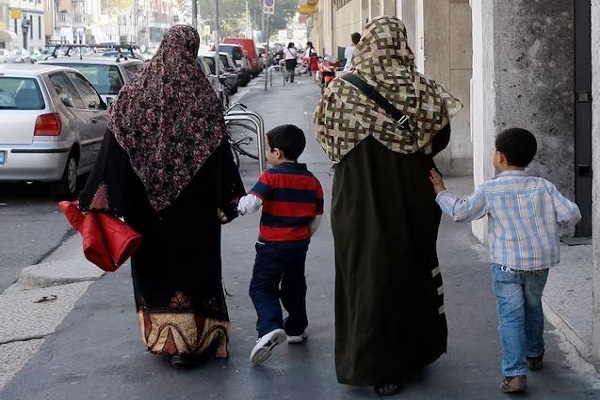Italy to Ban Burqa and Niqab as Muslim Groups Warn of Marginalization

The Brothers of Italy (Fratelli d’Italia) intends to introduce legislation banning the burqa and niqab in all public spaces, labeling the measure part of a broader campaign against so-called “Islamic separatism.”
According to the draft, public venues such as shops, schools, offices and streets would be off limits for garments covering the face, with fines ranging from €300 to €3,000 for violations.
Andrea Delmastro framed the bill as a balance between freedoms: “Religious freedom is sacred, but it must be exercised in the open, in full respect of our constitution and the principles of the Italian state.”
The proposal also seeks to tighten oversight of mosque funding, increase penalties for forced marriages, and require that religious groups without formal recognition disclose foreign financing.
Read More:
Critics argue the legislation risks stigmatizing Muslims and infringing on constitutional rights. “Freedom of choice is a fundamental principle in a democratic society — no state should dictate how a woman should dress,” Yassine Lafram, president of the Union of Islamic Communities of Italy, said after the draft legislation was announced.
“Any legislative measures that impose blanket bans risk creating social tensions and discrimination rather than fostering integration and dialogue,” Lafram added.
Read More:
Several Muslim associations have already voiced opposition, describing the measure as unnecessary and contrary to religious freedom and constitutional principles.
The bill is expected to draw a lengthy and contentious parliamentary debate. Given the country’s constitutional protections for religious liberty and Italy’s obligation under European human rights law, its compatibility with existing legal frameworks will doubtless become a focal point in the political and legal struggle ahead.
Source: Agencies



